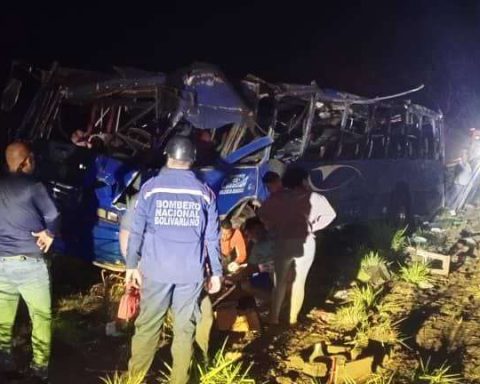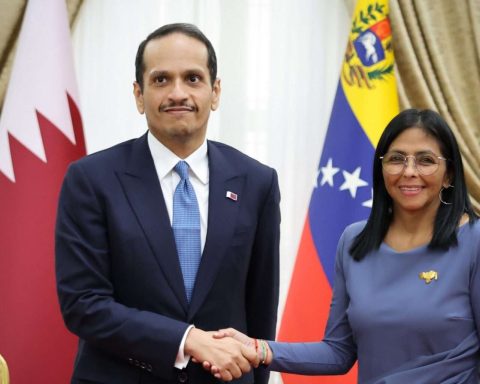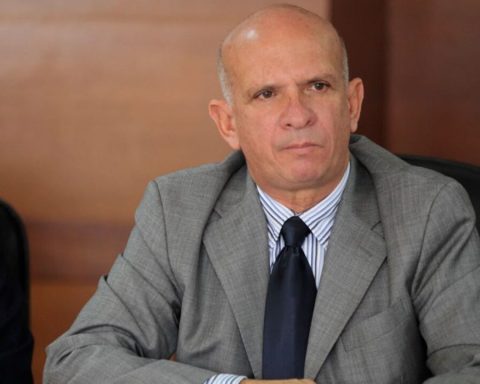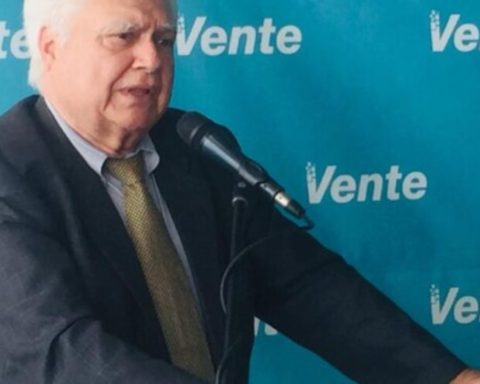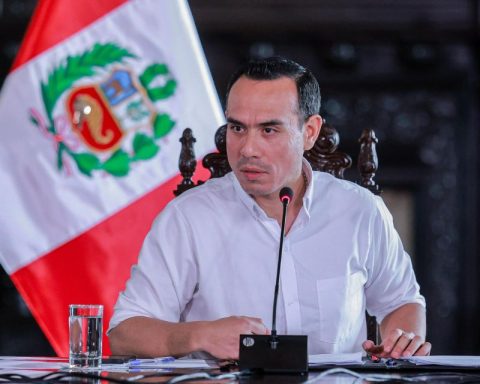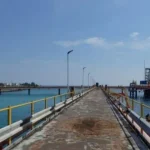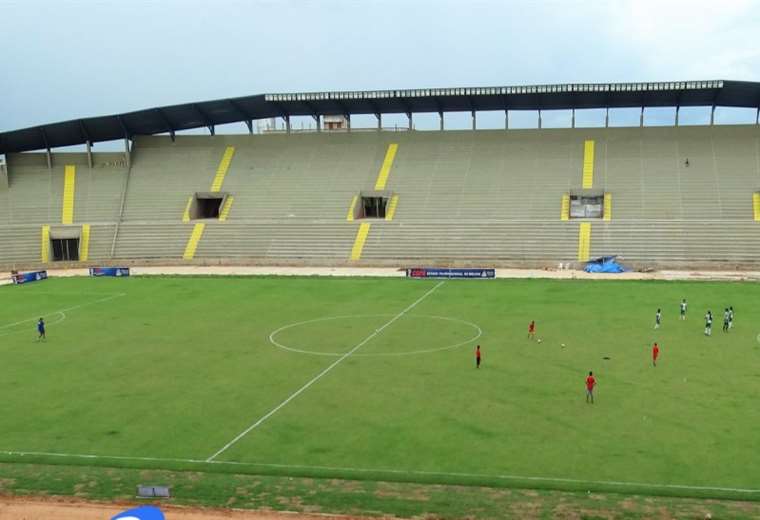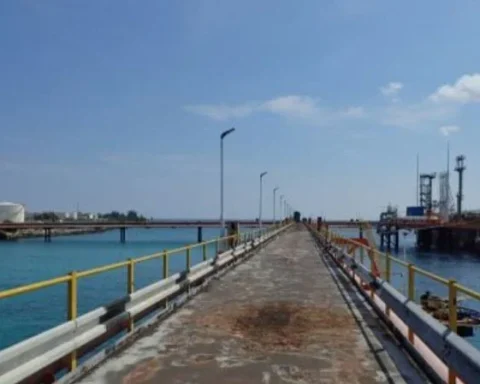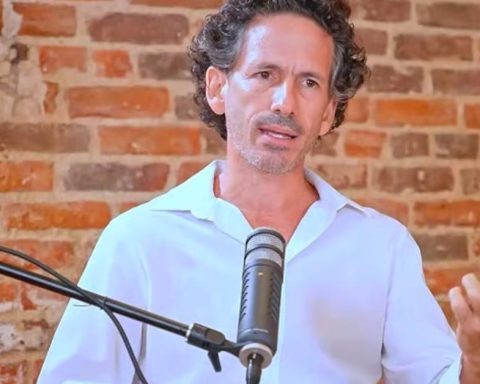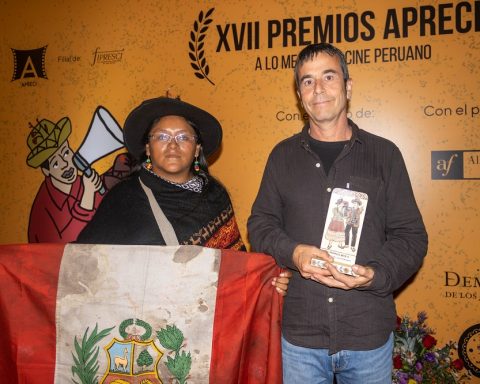Jesús Armas, director of Monitor Ciudad, considers that an alliance between the public and private sectors is necessary to normalize the water service that, informally, is being privatized with distribution via cisterns
The inhabitants of the Metropolitan Area of Caracas enjoy the water service for only 35% of the duration of a week, according to the non-governmental organization Monitor Ciudad.
Of the 168 hours a week has, water is distributed to the homes of Caracas residents through pipes for an average of 60 hours a week.
This situation forces citizens to look for alternatives to meet their water consumption needs, such as buying water from private companies, which they distribute using cisterns.
In this sense, the people of Caracas can spend up to five minimum monthly salaries to supply their homes with water, according to the general director of the organization, Jesús Armas.
“Citizens have to invest an average of up to five minimum monthly salaries to be able to satisfy their needs with regard to drinking water and there is also a de facto privatization of this public service,” he said in statements reviewed by The National.
*Read also: Cedice: in June Caracas residents invested $584.37 to pay for goods and services
Faced with the growing de facto privatization of the service, the NGO proposed, during a forum held on Thursday, July 20, that mechanisms that openly include private capital be used to normalize water distribution, which could occur through partnerships between the Government and national hydrological companies.
“Depending on the reality of each region, there must be a transformation of the governance model, but without a doubt we will need the participation of the private sector to be able to recover the aqueducts of our country and return to bring water to the homes of Venezuelans,” he stressed.
The situation in the interior of the country is more critical and there are sectors that are completely disconnected from the service. According to data from Monitor Ciudad, the most affected states are Amazonas, Zulia and Carabobo.
Post Views: 63
